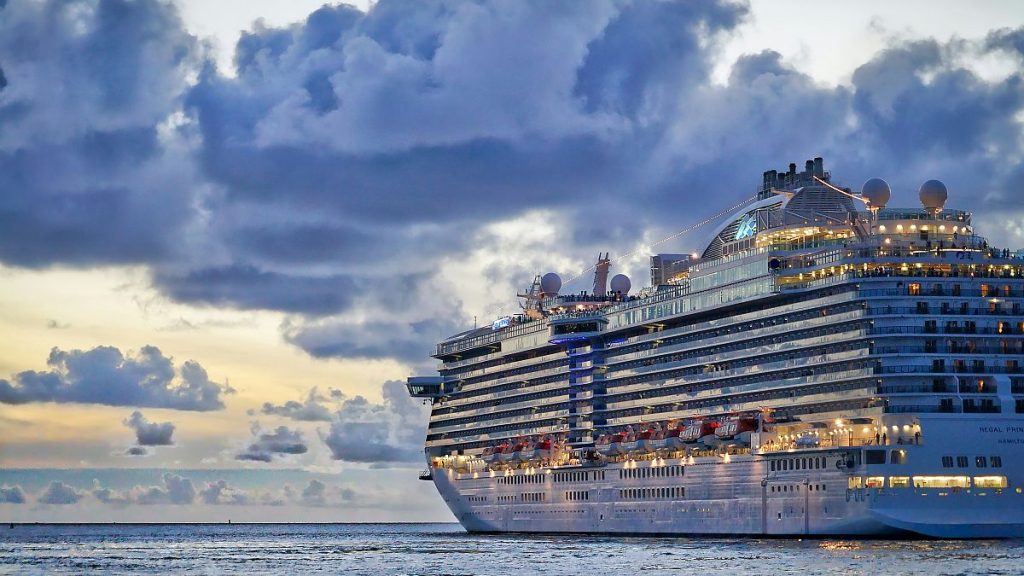The outcome of the recent US election spurred a significant surge in online searches related to emigration, reflecting a palpable desire among some Americans to seek new lives elsewhere. Google data revealed a dramatic spike in queries for “how to move to Europe,” with increases exceeding 1,000% in certain regions. This post-election exodus sentiment manifested in a surge of interest in Canada and Australia as well, with searches for relocation to these countries skyrocketing by 1,270% and 820% respectively within 24 hours of the first polls closing. This digital outpouring of relocation aspirations highlights the profound impact of political events on personal decisions and underscores the anxieties felt by a segment of the American population regarding the nation’s future trajectory.
This surge in interest hasn’t gone unnoticed by businesses keen to capitalize on the prevailing sentiment. Several companies have swiftly adapted their marketing strategies to cater to this burgeoning demand for escape and reinvention. Among them, Villa Vie Residences, a residential cruise company, has launched a campaign promoting a four-year global voyage explicitly designed for Americans seeking refuge from the political landscape. The program, dubbed “Tour La Vie,” offers varying durations, from the one-year “Escape from Reality” to the four-year “Skip Forward” option, allowing passengers to circumnavigate the globe, visiting 140 countries while pointedly excluding the United States from the itinerary. This novel approach to extended travel speaks to a desire for both physical and psychological distance from the political climate, transforming a cruise into a floating sanctuary from domestic affairs.
The “Tour La Vie” program isn’t merely a marketing gimmick; it reflects a genuine societal trend. The CEO of Villa Vie Residences, Mikael Petterson, emphasized that the campaign was conceived before the election results, anticipating a significant portion of the population would be dissatisfied regardless of the outcome. He underscored the company’s apolitical stance, emphasizing their aim to provide an avenue for those feeling a sense of unease or disillusionment. This strategic neutrality allows the company to target a broader audience, appealing to individuals across the political spectrum seeking a respite from the polarized environment. The cruise, priced from approximately $40,000 (€38,000) per year, offers an all-inclusive experience encompassing meals, drinks, Wi-Fi, medical visits, and housekeeping services, presenting a turnkey solution for those seeking a prolonged escape.
Meanwhile, on the other side of the Atlantic, the Italian village of Ollolai in Sardinia has resurrected its €1 house scheme, specifically targeting Americans disillusioned by the election. This initiative, previously employed to combat population decline, offers dilapidated houses for the symbolic price of an espresso, requiring buyers to invest approximately $25,000 (€24,000) in renovations within three years. The village’s mayor, Francesco Columbo, explicitly acknowledged the timing of the relaunched scheme, alluding to the desire of many Americans to distance themselves from the current political climate, albeit without directly naming the newly elected president. This targeted marketing strategy aims to attract those seeking a radical change of pace, offering a chance to immerse themselves in a tranquil Mediterranean lifestyle.
Ollolai’s marketing campaign paints an idyllic picture of rural Sardinian life, emphasizing the village’s pristine natural setting, rich culinary traditions, and close-knit community. Positioning itself as a haven for those seeking a slower, more balanced existence, the village website highlights its location within a “Blue Zone,” a region known for its longevity and well-being. This focus on wellness and escape resonates with the desires of many seeking refuge from the perceived stresses and anxieties of American life. The €1 house scheme offers a tangible pathway to this idealized lifestyle, providing a low-cost entry point for those willing to invest in renovating and integrating into the local community.
The convergence of these seemingly disparate offerings, from a multi-year cruise to a €1 house in a remote Italian village, underscores a shared underlying theme: a desire for change and escape among a segment of the American population. Whether driven by political disillusionment, a yearning for a simpler life, or a combination of factors, these individuals are actively seeking alternatives to their current realities. The responses from the private sector, ranging from luxury cruise lines to rural municipalities, demonstrate the market’s responsiveness to these desires, transforming anxieties into opportunities and offering concrete pathways for those seeking to rewrite their personal narratives. The post-election period has become a catalyst for reinvention, prompting individuals to explore unconventional options and embrace new possibilities in their quest for a more fulfilling existence.










